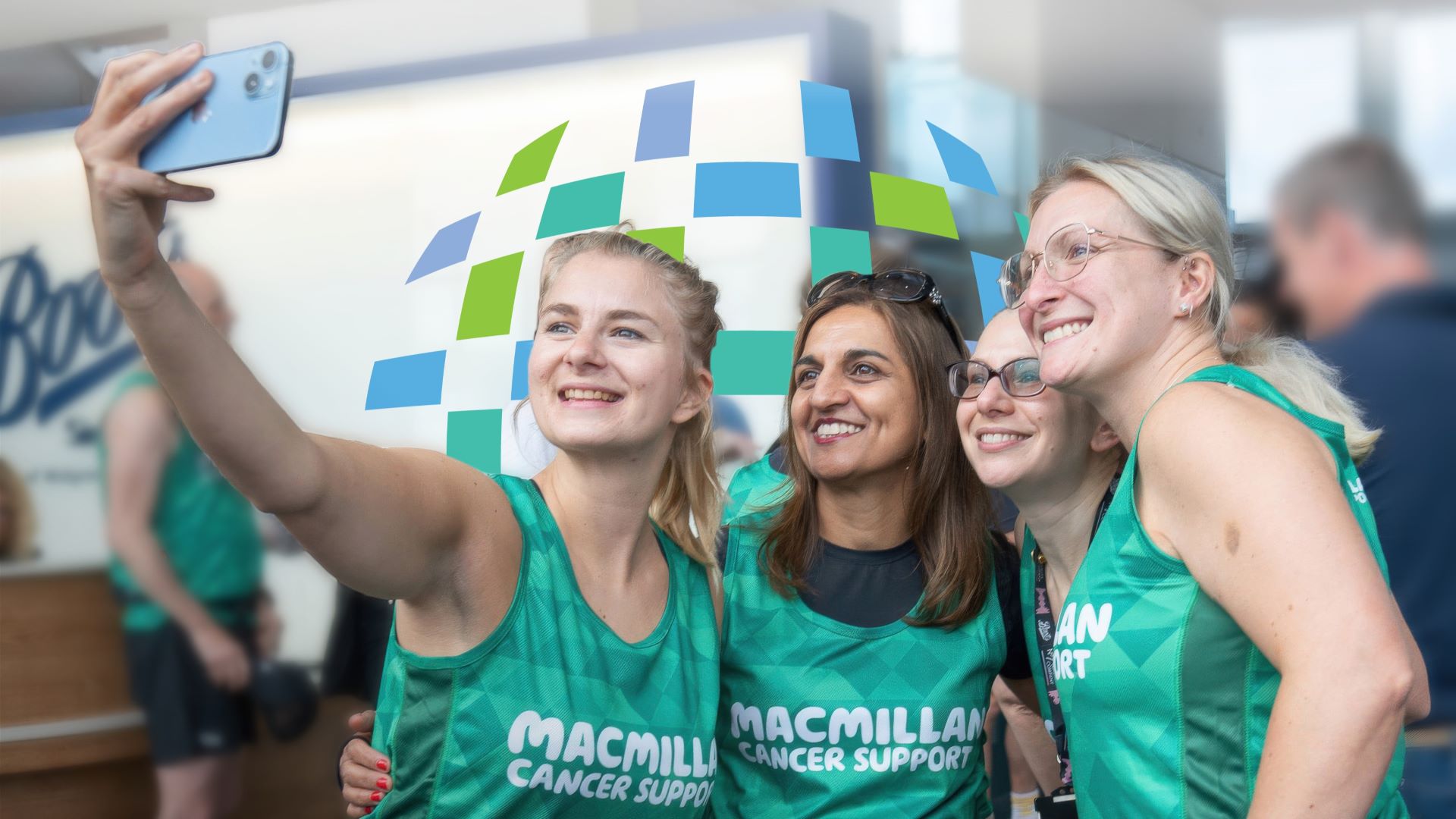
Environmental,
Social & Governance
Discover how WBA enables healthy futures around the world through its commitment to people and the planet.

Discover how WBA enables healthy futures around the world through its commitment to people and the planet.

At Walgreens Boots Alliance, our Environmental, Social & Governance (ESG) framework focuses on four key pillars: Healthy Communities, Healthy and Inclusive Workplace, Sustainable Marketplace and Healthy Planet. Healthcare is positioned at the center of this framework, reflecting our operations and our ambition to enable healthy futures for our team members, patients and customers, the communities we serve and the planet.
All our ESG efforts are embedded in our business strategy, which includes commitments to serve the needs of every community and create greater access to care. WBA operates a fast-changing global business that continues to affect the health and social landscape.
WBA publishes its Environmental, Social and Governance (ESG) Report in two documents: ESG Technical Report and ESG Impact Report. This approach provides more comprehensive sustainability disclosure and deeper insights into our progress.
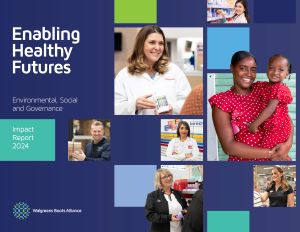 | 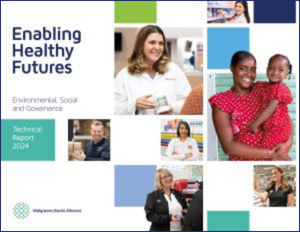 |
Given back to communities through monetary and in-kind donations, fundraising and volunteering in the last 10 years
Women and children received vitamins and minerals through our 11-year partnership with Vitamin Angels
Reduction in Scope 1 and 2 carbon emissions from our 2019 baseline
Walgreens score on the 2024 Disability Equality Index
Insulin pens recycled through the Boots PenCycle program in fiscal 2024
Team members who received aid from the Walgreen Benefit Fund
Palm oil used by WBA certified by the Roundtable on Sustainable Palm Oil
U.S.-owned brand items carry a How2Recycle™ label
*Includes monetary and in-kind donations.

We believe communities thrive when they are full of healthy people. We help our patients and customers by increasing their access to health services and medications through partnerships, while also advocating for those in need of support.
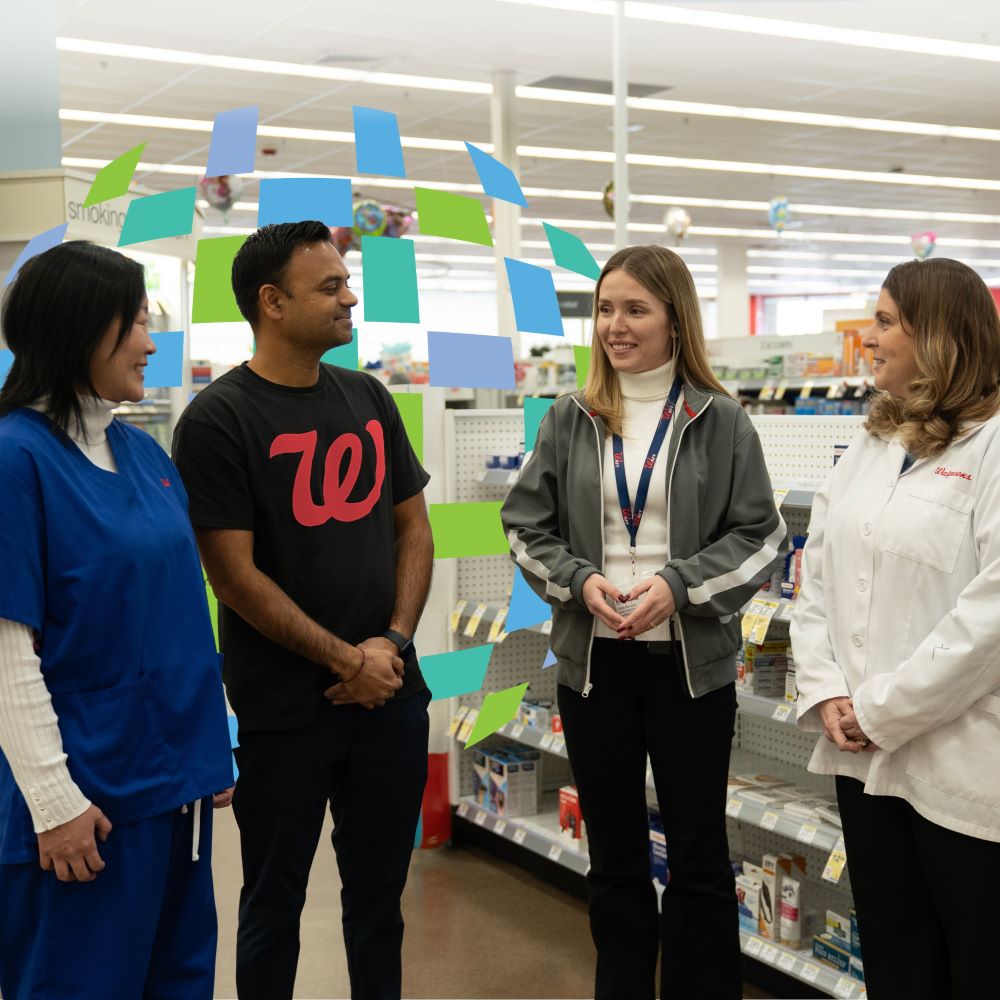
Our team members are essential to achieving our goal of enabling healthy futures for patients and customers in the communities we serve. We are dedicated to building a workplace where all team members, customers and patients feel valued.
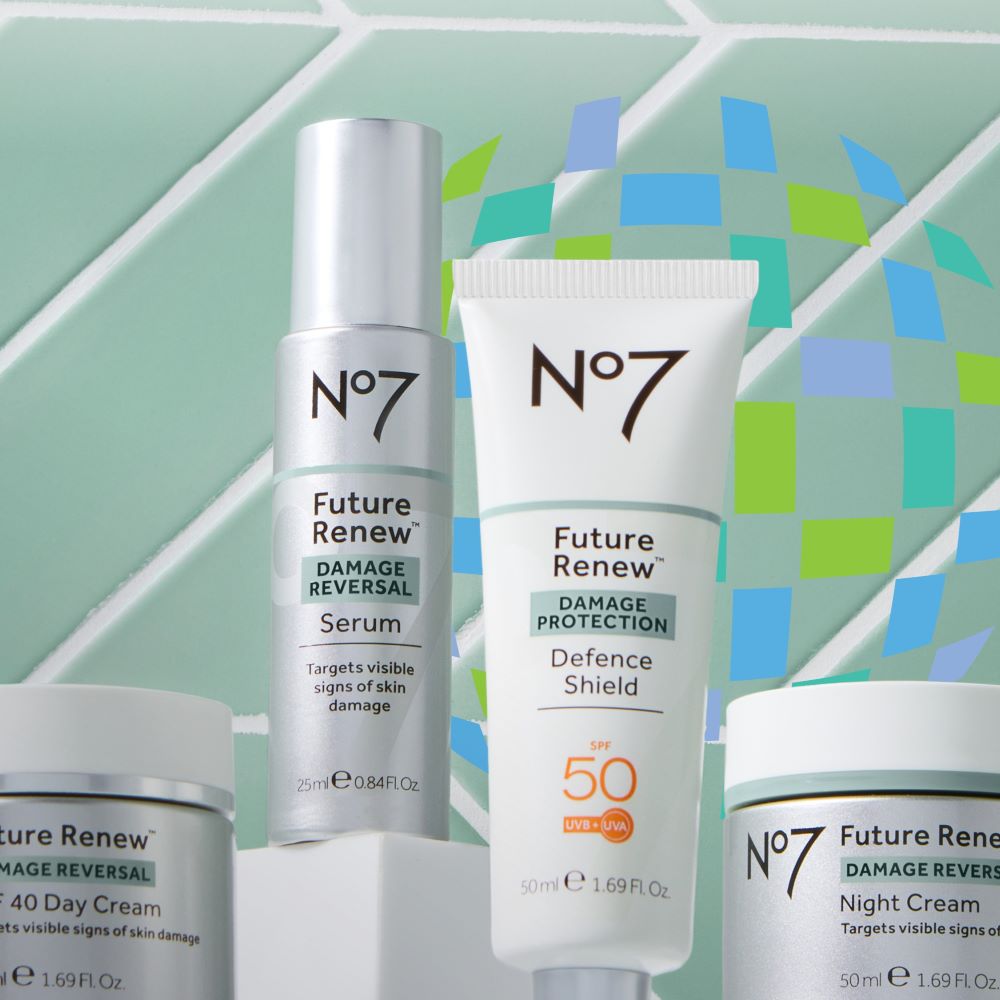
We responsibly produce owned brand products, taking human and animal rights into account, and expect our suppliers to do the same. This commitment to quality allows WBA to meet patients’ and customers’ expectations for sustainable production, packaging and contributions to a circular economy.
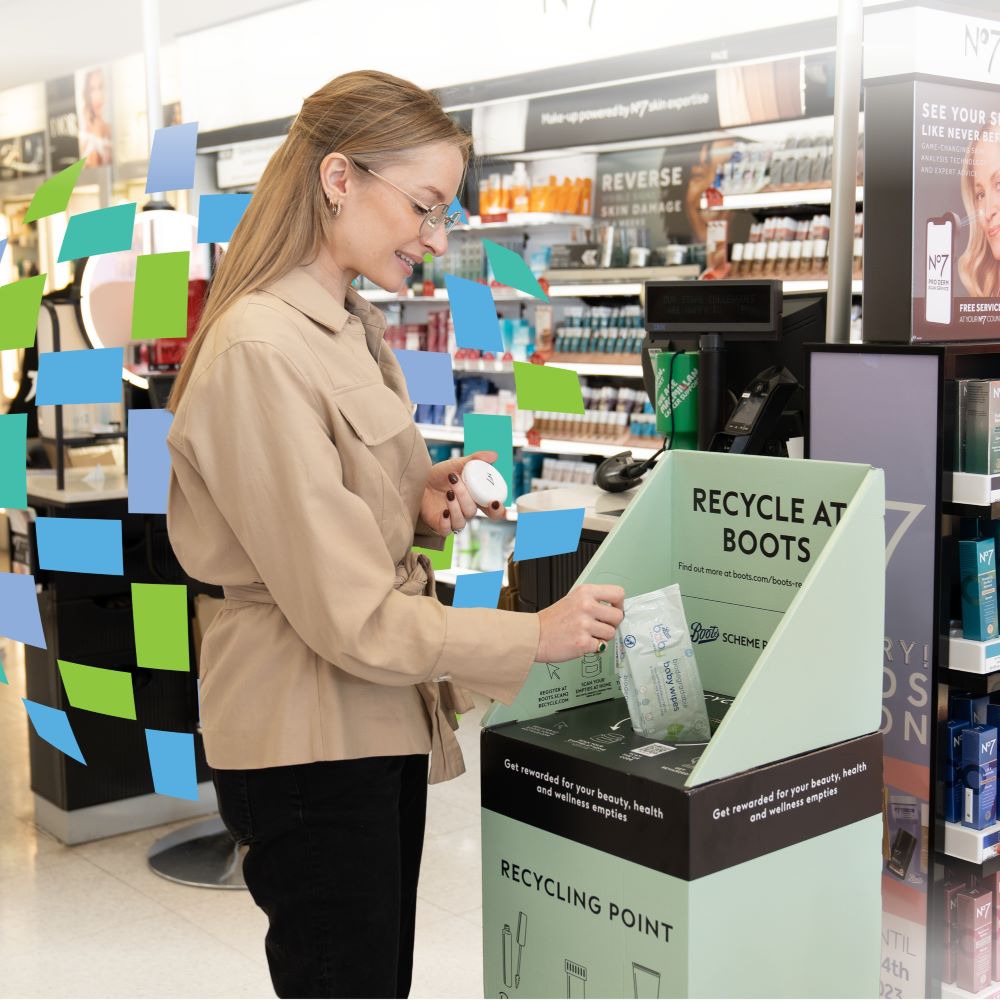
We are efficient with our resources and remain focused on meeting our reduction targets for emissions, waste and plastic, while expanding recycling initiatives.

We are committed to transparent reporting in all aspects of our business, including our progress in ESG activities. Our ESG strategy is a key pillar of our purpose and is overseen by the WBA ESG Committee, which reports at least annually to the WBA Nominating and Governance Committee of the Board.